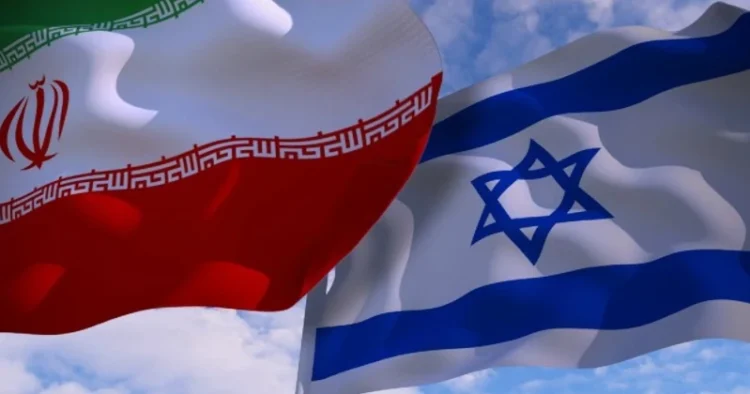As tensions blow-up between Israel and Iran in the Middle East, the implications for the Indian banking sector are coming under scrutiny. Despite the disruptions caused by the conflict, various industry experts suggest that Indian banks are relatively insulated from immediate challenges. However, the intricacies of the geopolitical landscape, globalisation, and the interconnectedness of global financial markets require a closer examination of the situation. Accordingly, besides the direct effect on oil prices, there might be concerns about payments between companies in the Middle East and India if conflict takes a different turn.
Sanjay Agarwal who is a Senior Director at CareEdge, puts pressure that Indian corporates currently face minimal risks, and there’s no forthcoming threat to the credit quality of banks. However, he highlights that there could be chances of short-term challenges such as delayed payments or even cash flow issues that may arise from the conflict. This shows the pragmatic approach of the Indian banks to navigate geopolitical uncertainties.
The State Bank of India (SBI) presence in both countries, Israel and Iran shows how India is involved in both countries economically and diplomatically. Even though SBI might not be as affected by the conflict as other banks, they need to be careful and plan for any risks.
Samir Bahl, CEO of Investment Banking at Anand Rathi Advisors, emphasises the resilience of the Indian economy amidst geopolitical turmoil. He notes that beyond potential fluctuations in oil prices, Indian banks and the broader economy are unlikely to face any significant disruptions. India’s strong economy and growth path under Modi’s government make it pretty stable even when the world is uncertain.
However, it is important to consider the ripple effects of the Israel-Iran conflict on the global financial landscape. The recent escalation in the tensions between them has been marked by retaliatory actions between the two nations. Worldwide markets might reverberate due to this. Keeping in view the intensification of geopolitical risks, investors may also adopt a more cautious stance which will ultimately lead to volatility in asset prices and capital flows.
Moreover, the worry about increased tensions between countries affects things like oil prices, which are important for energy markets. Any escalation in the conflict could disrupt oil supplies from the region and will impact global energy prices and inflationary pressures. For us, India (a net importer of oil) fluctuations in crude prices will have direct consequences for its fiscal and current account balances. In addition to the immediate market dynamics, there are longer-term considerations for Indian banks as well as policymakers. If Israel and its friends push for stricter rules against Iran, it could cause big changes in how India trades and invests with others. Since India buys a lot of oil from Iran, it has to figure out how to meet its energy needs while also following global rules and looking after its interests.
Furthermore, in 2019, India permitted an Iranian bank to establish a branch in Mumbai, a decision perceived as bypassing US trade sanctions amid India’s strategic developments in the West Asian region. Although Iran’s Pasargad Bank has obtained the necessary approvals, its Mumbai branch is yet to commence operations. Additionally, it’s noteworthy that while no Israeli bank operates in India, Tata Consultancy Services (TCS) was commissioned by the Ministry of Finance in 2020 to launch Israel’s first fully digital bank. This move demonstrates India’s growing involvement in the Israeli banking sector.
The recent escalation in tensions between Israel and Iran adds complexity to the geopolitical landscape. On April 1, the assassination of two Iranian generals and subsequent retaliation by Iran with over 300 drones and missiles targeted at Israel has heightened tensions further. Tel Aviv’s vow to retaliate and push for stricter sanctions against Tehran underscores the volatility of the situation.
Also, because the world is continuously evolving in a globalisation scenario, Indian banks need to have different plans to be strong irrespective. Indian banks should improve how they deal with risks and think about spreading out to different places to avoid problems caused by politics. Building stronger friendships with important partners in the Middle East and other regions can help India deal with these kinds of uncertainties better.
In conclusion, while the Israel-Iran conflict poses immediate challenges for global stability, Indian banks are relatively well-positioned to weather the storm. However, proactive risk management and strategic planning are essential to navigate the complexities of the geopolitical landscape effectively. By fostering resilience and adaptability, Indian banks can uphold their commitment to stability and contribute to India’s economic growth and development in an increasingly uncertain world.


















Comments